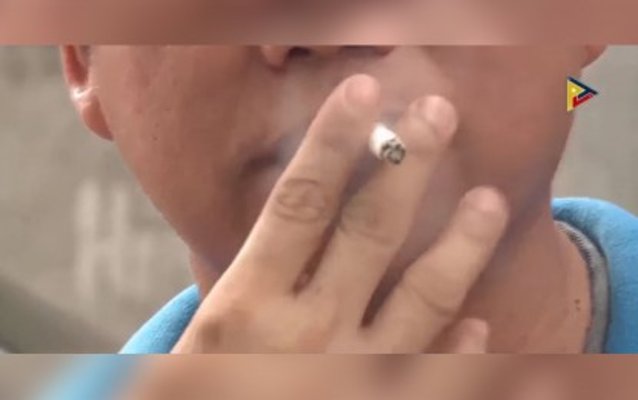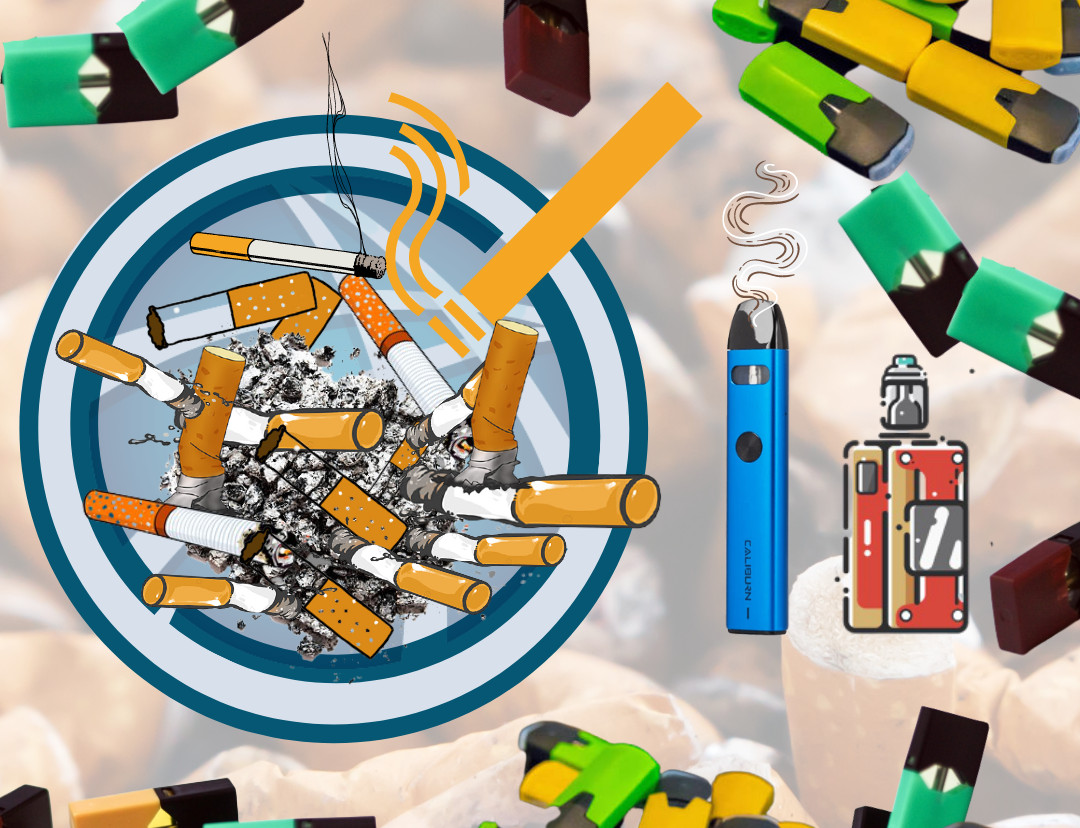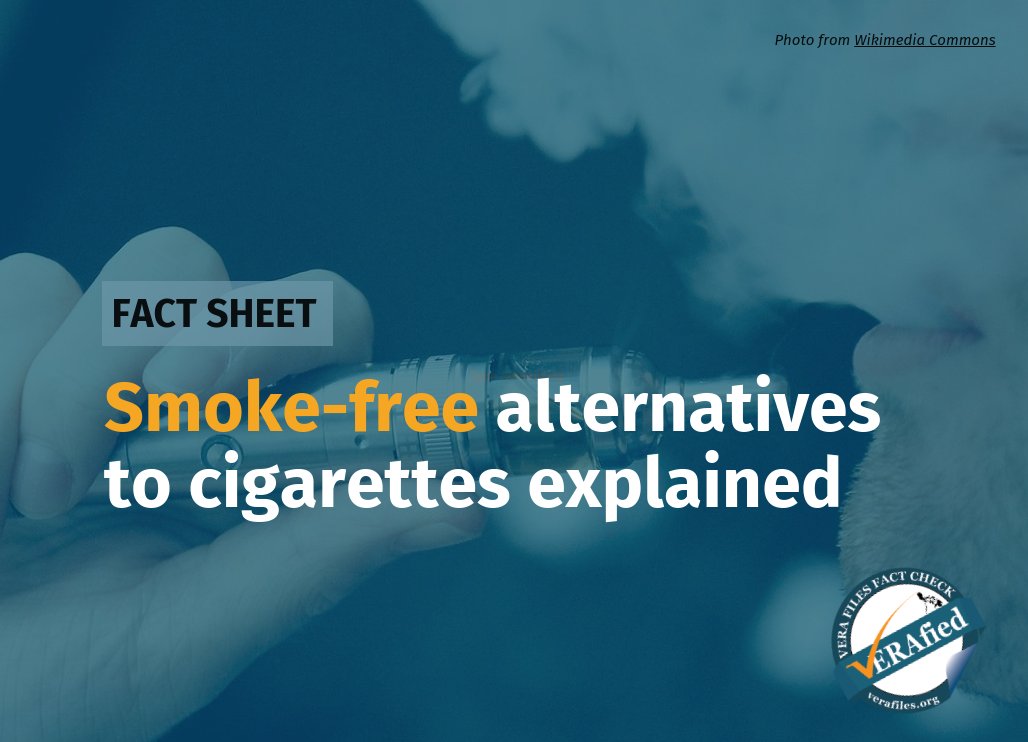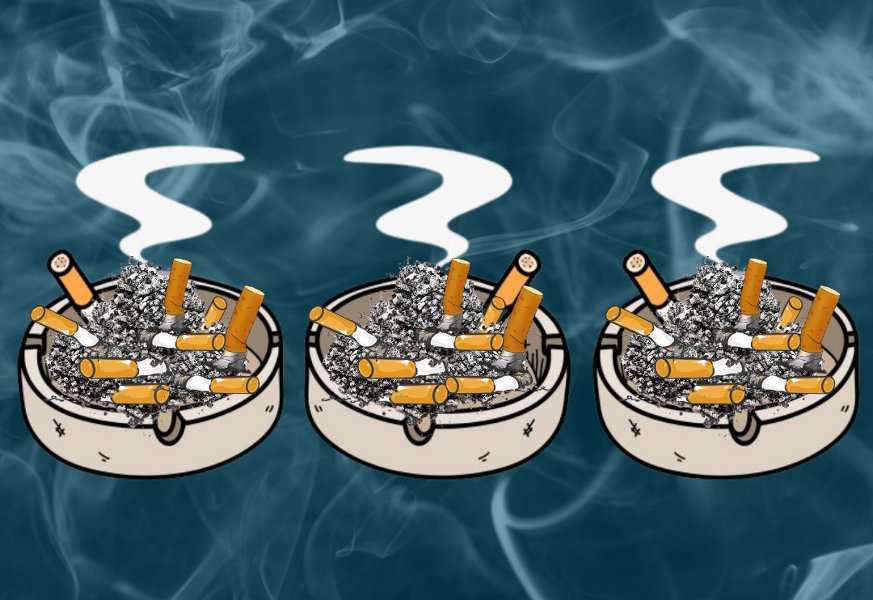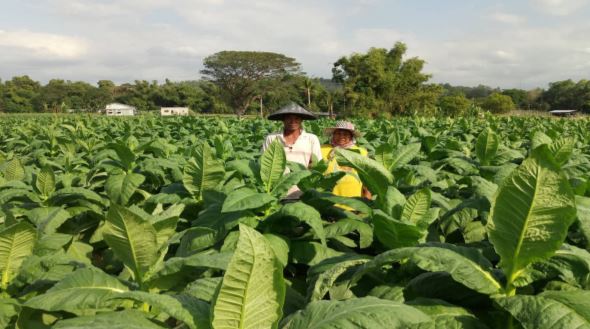Between tobacco tax and public health, the government’s choice is clear — money.
Taxes from tobacco fund public health programs anyway.
This was essentially the message that the Philippine delegation to the recently concluded ninth session of the Conference of the Parties (COP9) to the World Health Organization Framework Convention on Tobacco Control (WHO FCTC).
“Taxes of a vice are called salutary. They fund useful and beneficial purposes,” read the delegation’s statement, delivered by Foreign Secretary Teodoro Locsin Jr., at the opening of the six-day virtual conference on Nov. 8.
Because of this, health experts have declared that “public health is under attack by the tobacco industry and its proxies,” and reminded that the government “must protect and prioritize the health of all Filipinos over tobacco industry profit.”
Locsin was one of the 10 coheads of the 52-man delegation to the biennial meeting of the COP, a governing body composed of representatives from around 170 FCTC signatory countries. FCTC, the first international treaty negotiated under the auspices of WHO, seeks to address the health, social, environmental and economic consequences of tobacco consumption and exposure to tobacco smoke. The Philippines became a party to the WHO FCTC on Sept. 4, 2005, seven months after the treaty came into force.
While the Philippine delegation acknowledged that tobacco is “a source of bad health,” it quickly shifted gears, declaring that it “is also a source of good through taxation.”
“Tobacco tax laws fund our poverty reduction, universal health care and COVID-19 recovery programs. They underscore the importance of tobacco use and funding of the state’s most important activities,” it said.
The more disturbing part of the statement sounded like a tribute to the tobacco industry, saying it “has not sat on its hands, but allowed this popular vice to go unchecked” and “has created products that delivered a similar satisfaction, but with far less harm.”
Locsin said the government did its part by legislating two excise tax laws, which included provisions banning the sale of electronic cigarettes to minors and flavorings on vapor products.
Health experts, including former health secretaries Esperanza Cabral, Paulyn Ubial, Carmencita Reodica and Antonio Periquet, wasted no time countering the Philippine delegation’s statement.
“This is a shameful and painful insult to the families of the more than 320 Filipinos who die daily due to tobacco-related diseases,” said the health experts’ “unity statement,” which was also signed by former PhilHealth president Alex Padilla and leaders of top medical associations in the country such as the Philippine Medical Association, Philippine College of Physicians, Philippine College of Chest Physicians, Philippine Pediatric Society and the Philippine Neurological Society.
The Department of Health (DoH), which was part of the Philippine delegation to the COP9, distanced itself from the government position, stressing that “there is no good in tobacco.”
In a strongly worded statement, the DoH criticized the Philippine delegation for giving “misleading information that dilutes the risks of tobacco products and undue recognition to tobacco industries including those of vapor products and heated tobacco products.”
It also countered Locsin’s rationale that taxes fund public health activities, citing that in 2011, the estimated cost of tobacco-related diseases was at P177 billion annually, which was roughly seven times higher than the total collected taxes from tobacco products in the same year, amounting to only P25.9 billion.
Instead of recognizing the harmful effects of tobacco and alternative products on public health, the experts lamented that the government position “welcomed tobacco companies and their fronts and echoed their unscientific and profit-driven claims on e-cigarettes and heated tobacco products.”
According to the health experts, Locsin’s assertion that e-cigarettes or vapes “delivered a similar satisfaction, but with far less harm” than tobacco smoking “have no firmly established scientific basis and fly in the face of the rising evidence globally of the real harms of e-cigarettes and heated tobacco products.”
“There is insufficient scientific evidence and no medical consensus that these electronic smoking products are safer or healthier alternatives or that they help smokers quit,” they added, noting that President Rodrigo Duterte himself has referred to these products as “toxic.”
In November 2019, Duterte said cigarettes and vape are “not good for humans.” He said he would ban its use and importation “because it is toxic” and that “the government has the power to issue measures to protect public health and public interest.”
Raising the excise tax rates on the so-called “sin” products, including tobacco and its byproducts, has remarkably reduced its consumption over the years. Among the good initiatives of the Duterte administration to wean Filipino smokers away from the harmful effects of tobacco products are the enactment of Republic Act (RA) 10963, or the “Tax Reform Acceleration and Inclusion Act,” and RA 11346, increasing the excise tax on tobacco products and imposing excise tax on heated tobacco and vapor products.
However, there have been serious efforts to dilute some provisions of the law on novel tobacco products such as the ban on the sale of e-cigarettes to minors and flavorings on vapor products.
Senators are locked in debates on a bill lowering the minimum age of access to vaporized nicotine products, from 21 to 18, and removing the regulatory functions over these products from the Food and Drug Administration to the Department of Trade and Industry. The House of Representatives approved a similar bill last May.
Advocates view this attempt to amend the 2019 law as equivalent to two steps backward from one step forward that the Duterte administration has taken in addressing the harmful effects of tobacco, particularly on young people.
Because of the government’s position in COP9 — which was viewed largely as pro-tobacco industry — the Philippines was given three “Dirty Ashtray” awards, a lampoon award to companies and governments seen as peddlers of tobacco industry interests, by international watchdog Framework Convention Alliance.
Medical associations said the lampoon awards serve as “proof of the strong and rising tobacco industry interference in the Philippine government” and that “tobacco interests are front and center” in the delegation’s agenda in the COP9 while public health interests and the opinions of health professionals and the DoH were sidelined and ignored.
Sources privy to the preparations of the Philippines for COP9 noted that Dr. Maricar Limpin, president of the Philippine College of Physicians and an active advocate of tobacco control, was eased out of the official delegation and replaced by Ilocos Sur Rep. Deogracias Victor Savellano, a deputy speaker at the House who is known as pro-tobacco industry.
Clearly, the government delegation has chosen to relegate public health to secondary priority because tobacco brings in money. Some say the industry extends generous gifts and travel perks to its allies.
The views in this column are those of the author and do not necessarily reflect the views of VERA Files.
This column also appeared in The Manila Times.
